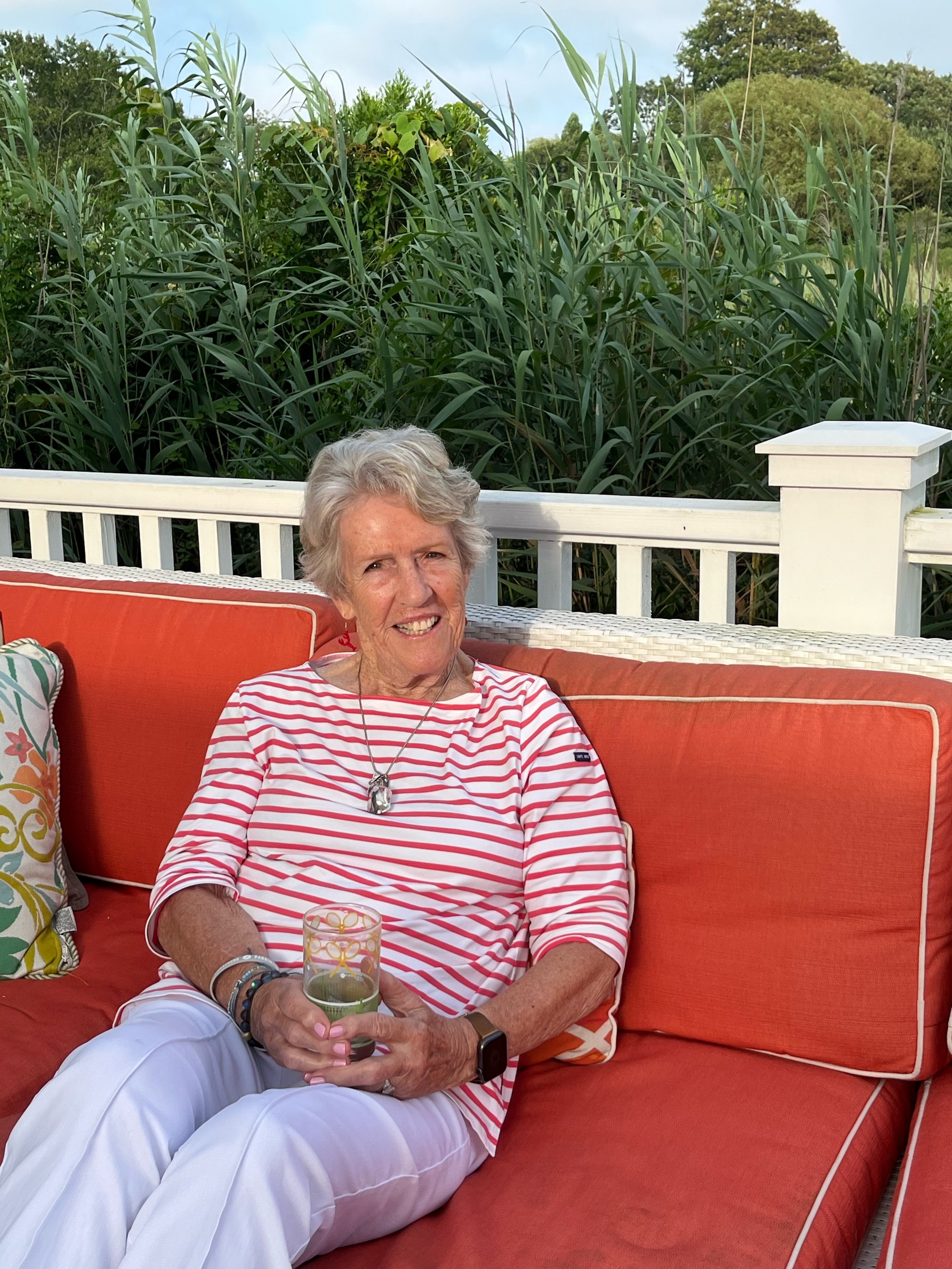WE ARE ALL ALIKE
/Back in the day, probably 30 years ago, certain American Airlines planes featured a two-by-five-by-two seating configuration. I preferred sitting next to the aisle in the “two seater” section, so when I boarded my flight from Los Angeles to Honolulu on a travel writing assignment for MODERN BRIDE, I was ecstatic that the window seat next to mine appeared unoccupied. I begged silently that single seat would remain empty. I had Pat Conroy’s BEACH MUSIC to devour, plus several magazines, and it was a five hour flight.
Settling back, I fastened my seatbelt and prepared for takeoff. Then I noticed a significantly muscular towering African-American man walking down the aisle, studying his boarding pass while scrutinizing the seat numbers. He more than filled his crimson Nike warmup suit, sported a Walkman strapped over his bulging chest, and wore a Chicago Bulls hat turned backwards. He nodded when he saw that the empty adjacent seat was his. I nodded back.
During the flight we shared minimal communication other than “Excuse me” when he left to use the facilities or “Here you are” when the flight attendant asked me to pass his lunch tray. He stared out the window listening to music while I crossed my legs, turned them and my shoulders toward the aisle, and tried to bury my nose in my reading.
But three words kept pounding my brain: Am I prejudiced? Would I feel the same anxiety, apprehension or whatever it was if an enormous white man took the seat next to mine? Was my reaction triggered by simply wanting my own private space during the long flight? Even today, I’m not convinced it was.
Five hours later, the flight attendant announced, “Ladies and gentlemen, the captain has turned on the seatbelt sign. Please prepare for landing.” I snuck a quick look out my seat mate’s window and spotted palm trees swaying in the breeze with an emerald ocean in the distance. “Lovely Hula Hands” played softly over the inflight music system. I smiled with anticipation at the days ahead.
Then, abruptly and audibly, the jet’s engines changed from a loud purr to a horrendous roar. I felt the plane struggle to use every nuance of its metal sinews and electric power to rise from the rapidly approaching runway beneath us. I gasped and turned to my seat mate. He looked back at me with frightened eyes. Suddenly, somehow and some way, I loosened my seatbelt, leapt into his lap and we hugged each other like long-lost lovers. “We’re going down,” I whispered. “I’ve got you,” he answered, hugging me even tighter.
Within half a minute that felt like an hour, the jet managed to lift skyward. The pilot announced, “Sorry about that, folks. I overshot the landing but we’re fine now and we’ll soon be on the tarmac.”
As we taxied to the terminal, I never moved from my new best friend’s lap. “I’m Val.” “I’m Isaiah.” “Where are you from?” “Why are you going to Hawaii?” “Do you think we’re safe now?” “Have you ever had anything like this happen before?” “My heart is still racing.”
Together, Isaiah and I walked to the luggage area, holding hands and chatting happily like lifelong pals. We hugged goodbye outside the terminal and wished each other well. I’ve never seen him since, but I’ve never forgotten him.
That was a lesson I try to remember every day.
Because I realized that underneath our multiple layers — whether they’re pin-striped business suits, JMcLaughlin dresses or price-slashed T.J. Maxx sweaters — a tricolor dashiki, a charcoal abaya, a Salvation Army bonnet — dress whites, prison stripes, bellhop jackets — surgeon scrubs, Carhart overalls, alpaca ponchos — a turban, a yarmulke, a MAGA hat or Mamdani campaign pin —a rainbow tattoo, TikTok necklace, Cartier LOVE bracelet — or even a crimson Nike warmup suit and a Chicago Bulls hat turned backwards — we are all alike.
Caucasian, African American, Asian, Middle Eastern, European, Hispanic, Latino: we are all human beings. Different languages, religions, cultures, clothes, even political party choices are outer trappings. But inside each of us is the burning desire to live freely and healthily, love happily and enjoy our families, feel connected and integrated in society.
I frequently think about Isaiah, hoping he’s alive and still a caring comforting person. I learned a big lesson from him. I also make a point to be cordial with anyone I sit next to on a plane, bus or train, or in the supermarket, or during a walk along the ocean. Who knows? I could end up on their lap some day. That’s called humanity.


